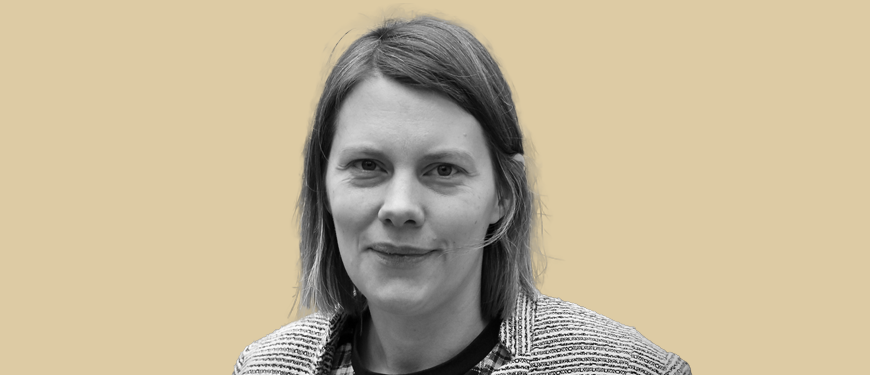Why did you become a researcher?
I have always been interested in how the body works and what goes wrong when it does not function properly. And I have probably always been a little more 'nerdy' and detail-oriented, which are really good qualities for a researcher.
Which second career did you consider?
I used to be a professional handball player - also while studying at university. It is not directly related to research, but I still have some valuable tools from my handball career that I can use in my life now.
What are you most interested in at the moment?
I am about to start a new research direction, where I will investigate the importance of adipose tissue for the development of, among other things, cardiovascular diseases. I hope that new collaborations, both with various departments at SDU and with international partners, will give the project an exciting interdisciplinary angle.
What is the biggest thing that has happened in your field?
Although not directly related to my specific field of research, I think it has been impressive to see how quickly Covid-19 vaccines have been developed, especially those based on mRNA technology. This has been possible because scientists for decades have developed methods and technologies that have contributed to the gradual progress that is now helping to save millions of human lives.
How do you hope others can benefit from your research?
I ultimately hope that my research will benefit public health. By illuminating the mechanisms that underlie disease-causing processes, we are potentially describing future targets for drugs. I will not be the one to develop drugs, but hopefully others can take the knowledge I generate further.
Which other field fascinates you the most?
I think sports physiology is wildly exciting, and so is research that deals with understanding how top athletes can further improve their performance and training methods. Furthermore exercise is really an important tool to prevent the development of metabolic diseases, such as obesity and diabetes.
What do you have in your office that few people have?
My husband. He is an assistant professor at Department of Biochemistry and Molecular Biology, and we share the same office. Many find it difficult to understand how we can stand sitting together every single day, but mostly it is very convenient. We have many good discussions - also of a scientific nature. And after all we sit with our backs to each other…
Who do you admire the most?
In the world of research, I admire my many talented colleagues, who are really passionate about, what they do and work hard to achieve their goals. It's great to experience when someone succeeds with something they've been fighting for a long time.
What do you do when you are not researching?
I spend a lot of time in the local handball club in Højby as a trainer for my 3 year old son, and 7 year old daughter. Voluntary work and club life is fantastic, and it has some values that I would like to pass on to my children.
